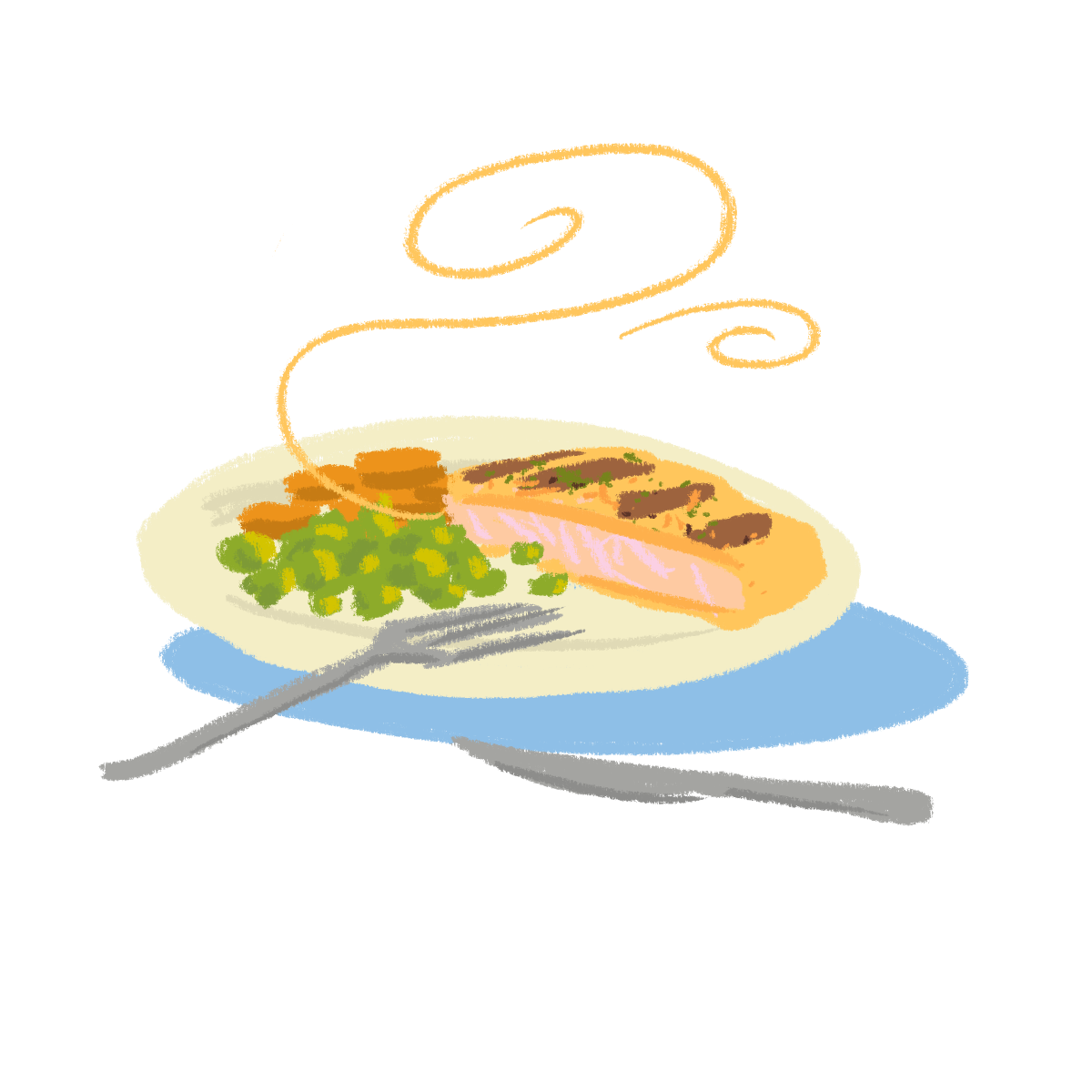In addition to providing primary care, prescriptions and immunizations, NC State Student Health Services (SHS) provides nutrition counseling, educating students to make healthy eating decisions throughout their lives.
Nutrition counseling entails a variety of topics beyond general diet recommendations and is offered on both Main Campus and Centennial Campus, according to Ashley Pinet, a registered dietitian at SHS.
“Dieticians at Student Health Services provide one-on-one nutrition counseling sessions,” Pinet said. “This can be anything from general healthy eating tips to managing diagnosed medical conditions such as hypertension, high cholesterol and diabetes.”
Nutrition counseling sessions are typically structured around looking at diets and setting goals, according to Pinet.
“During these sessions, we address usual dietary intake, lifestyle factors that impact food choices like stress or physical activity, and then we discuss overall health goals that our patients have,” Pinet said.
According to Pinet, sessions have a holistic approach, taking into account all aspects of students’ wellness in the context of food.
“We know that nutrition can have a major impact on academic performance, energy levels and mental health,” Pinet said. “We want to work with our clients to maximize their intake of those nutrient-dense foods. We also want to work with clients on building a healthy relationship with food and their body.”
In the last academic year, SHS held over 1,300 nutrition counseling sessions, Pinet said. Every academic year, students are allowed two free sessions; SHS charges $60 for additional visits, which may be billed to insurance.
Food insecurity is a concern for some students at NC State, and groups like the Campus Hunger Project and NC State’s food pantry have worked to combat this. Pinet said that SHS has also taken steps to address this during nutrition counseling sessions, starting with asking students questions before visits.
“We’ve recently added [food insecurity] to our screening questionnaire,” Pinet said. “We would talk about it during our time together and definitely refer them to resources on campus, like the [food pantry] or getting them connected with SNAP benefits. It’s hard to make changes if you can’t afford the food.”
Ultimately, Pinet hopes students understand that nutrition is an individual topic.
“The message we really try to send is that nutrition really is personal,” Pinet said. “A lot of folks are getting information online or from friends and family, and we really encourage them to come in so we can really figure out what’s right for you and your body.”
Further information about nutrition counseling can be found on the SHS website. Students can schedule appointments through the HealthyPackPortal.








